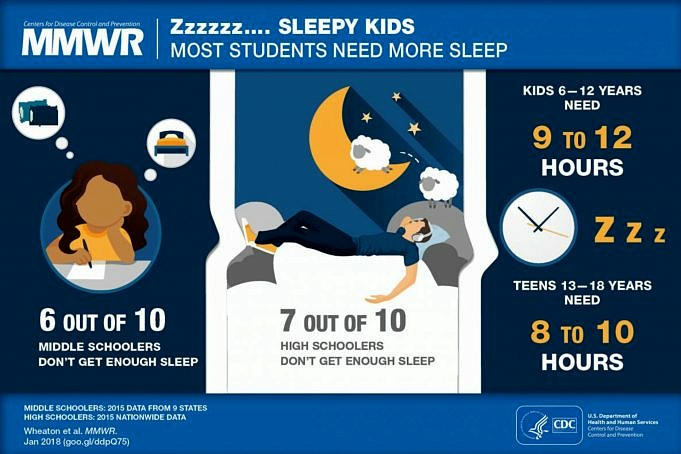Americans used to boast about how little sleep they got. Now, the Better Sleep Council has revealed a recent shift in our attitudes towards sleep-plus some contradicting survey results.
Mary Helen Rogers, Vice President of Marketing and Communications for International Sleep Products Association (ISPA) explains how getting enough quality sleep is becoming a status symbol in the U.S., stating over the past few years, the Better Sleep Council has noticed that people arent bragging about how little sleep theyre getting, theyre bragging about how much sleep they are getting.
A new survey determines whether status symbol is important. This attitude change is not reflected in our sleep habits. The Better Sleep Council released new data from a survey which asked Americans about their sleep regimens, and found some interesting trends. (Were not just talking a few hundred people; the survey looked at millions of peoples sleep habits.)
According to the survey, we could all use some bedtime improvements. The survey asked us about our sleep habits and best practices. This included questions such as limiting screen time, falling asleep at the same time every night, and feeling rested.Americans overall earned a grade of a C-, which is around 70%.
On average, men scored a bit higher than women throughout the survey, creating news headlines like men are better in bed and men now have bragging rights. And sure, the data did show that men outperformed their female counterparts when it comes to being well-rested, but its safe to say we all could use some progress.
Women’s sleep latency (inability to fall asleep) was one of the two areas where they underperformed. Their ability to fall asleep (sleep latency) and their ability get up the next morning. The numbers showed that 34 million women (21% of female participants) experience trouble falling and staying asleep, and almost 20 million (or 12%) hit snooze as soon as they wake.We don’t have all the survey results so we cannot compare these numbers to determine how much there is a gender difference.
In addition to these results, the data revealed men engage in better sleep habits, from choosing to sleep alone (55 million men), following a strict bedtime (22 million men), and-what seems super impressive to me-not having any caffeine drinks past noon (35 million men!). Again, we dont have the full data set, so its unclear how much better these male results are from the female results.Moreover, its hard to jump to vast conclusions when only looking at gender-identification split and leaving things out like age, location (urban vs. rural), job (which could amount to different stress levels), diet, and other external factors that affect our sleep habits.
This data shows that many Americans are able to do better in bed regardless of gender.
Focusing on a bedtime routine, keeping electronics out of the bedroom, and foregoing snooze in the morning are great habits to focus on, and will hopefully improve those numbers the next time a survey from Better Sleep Council is conducted.



